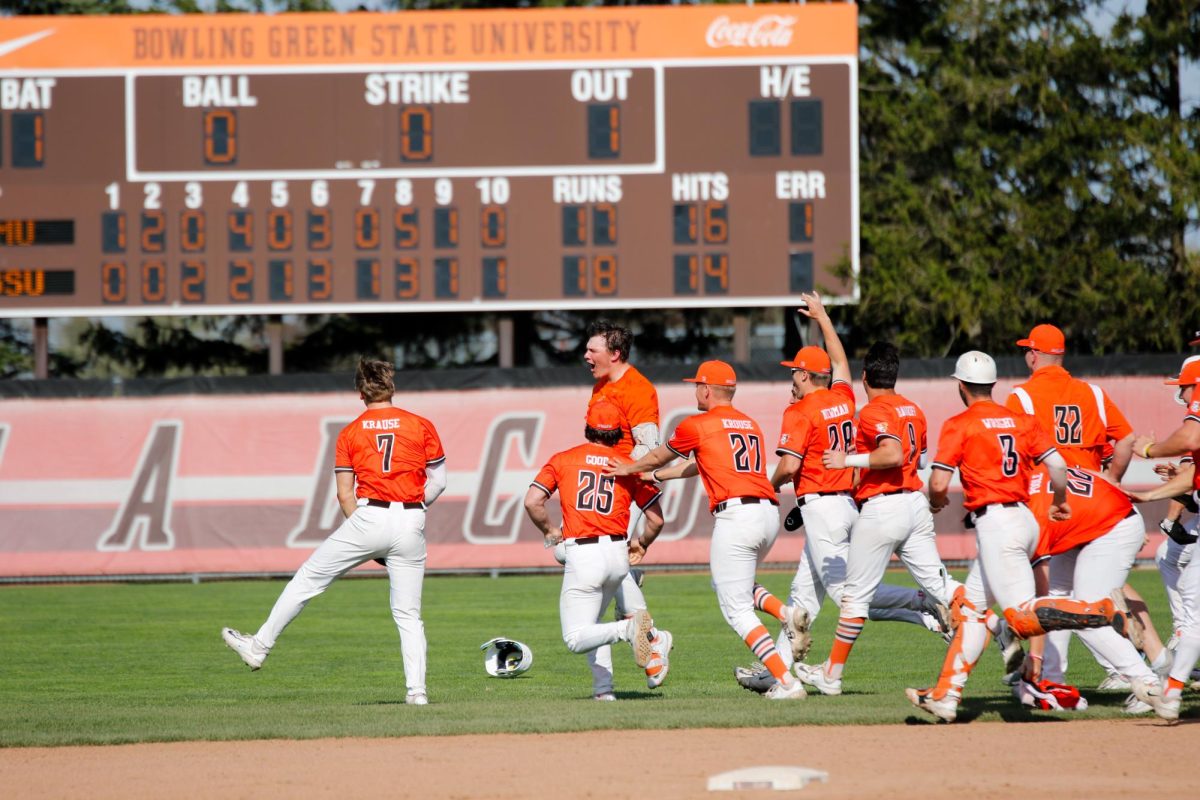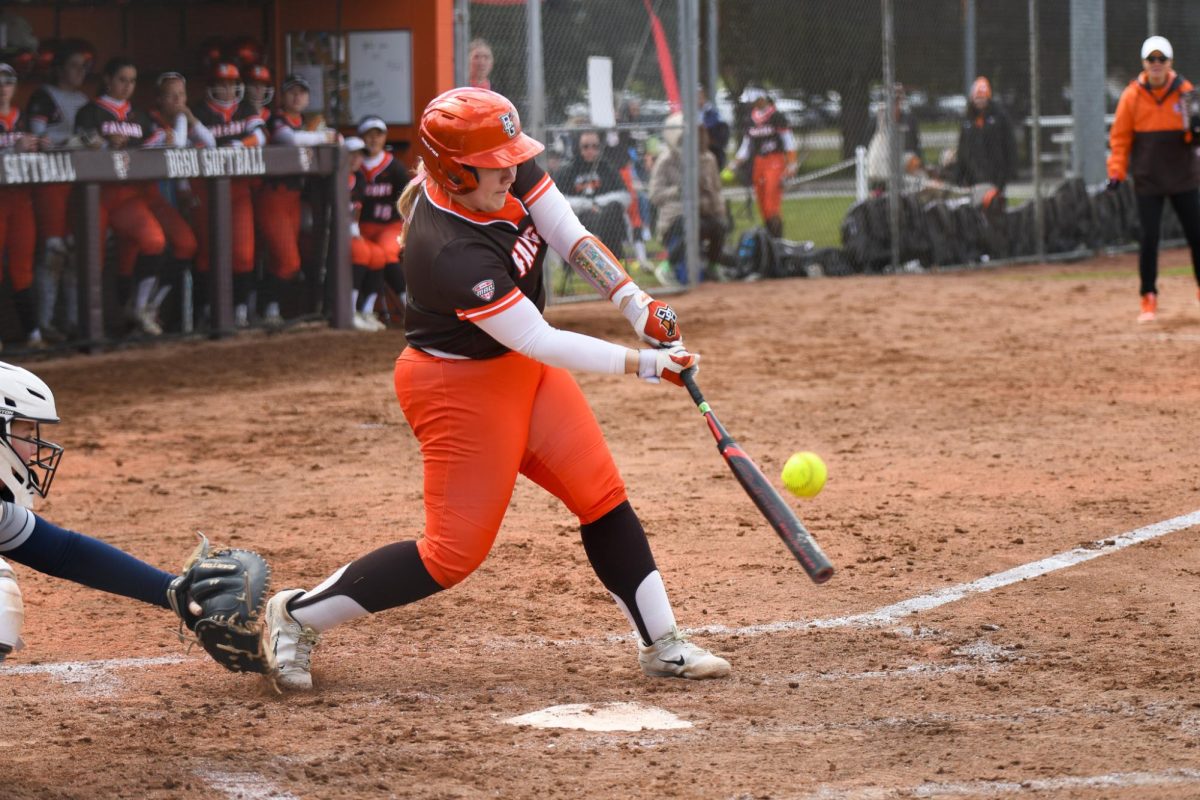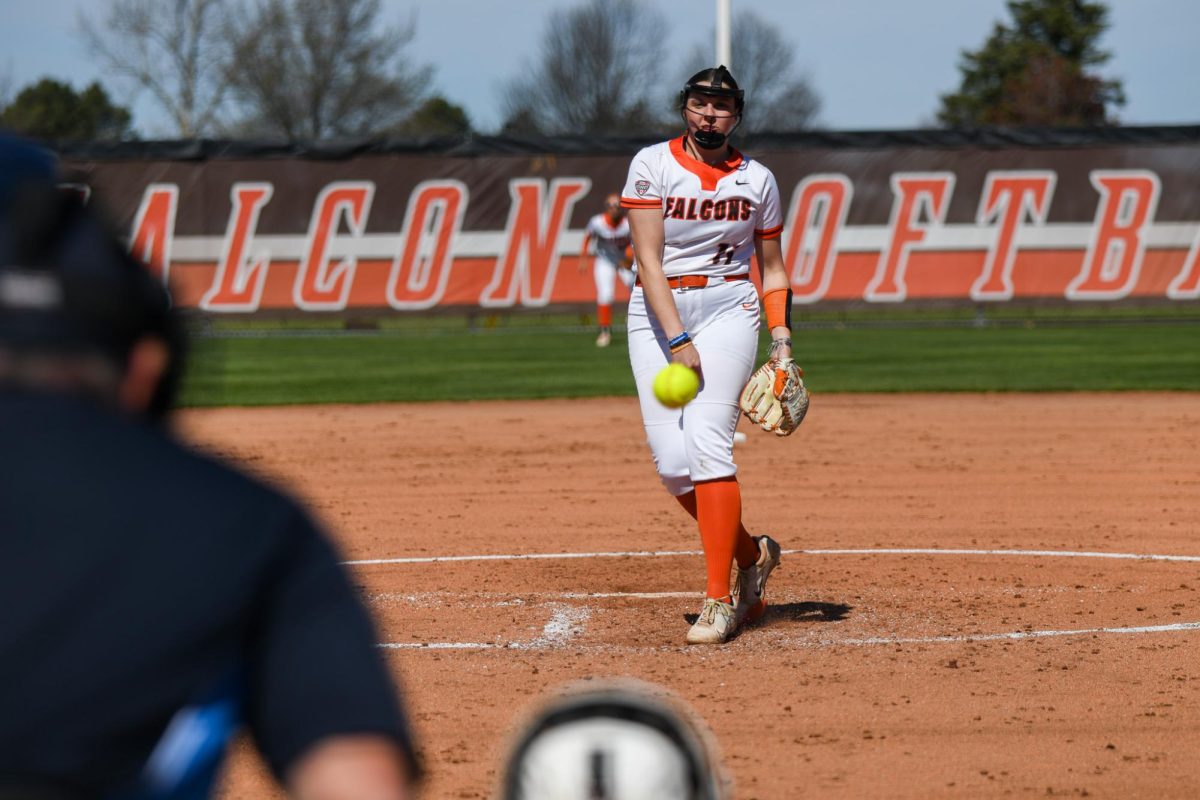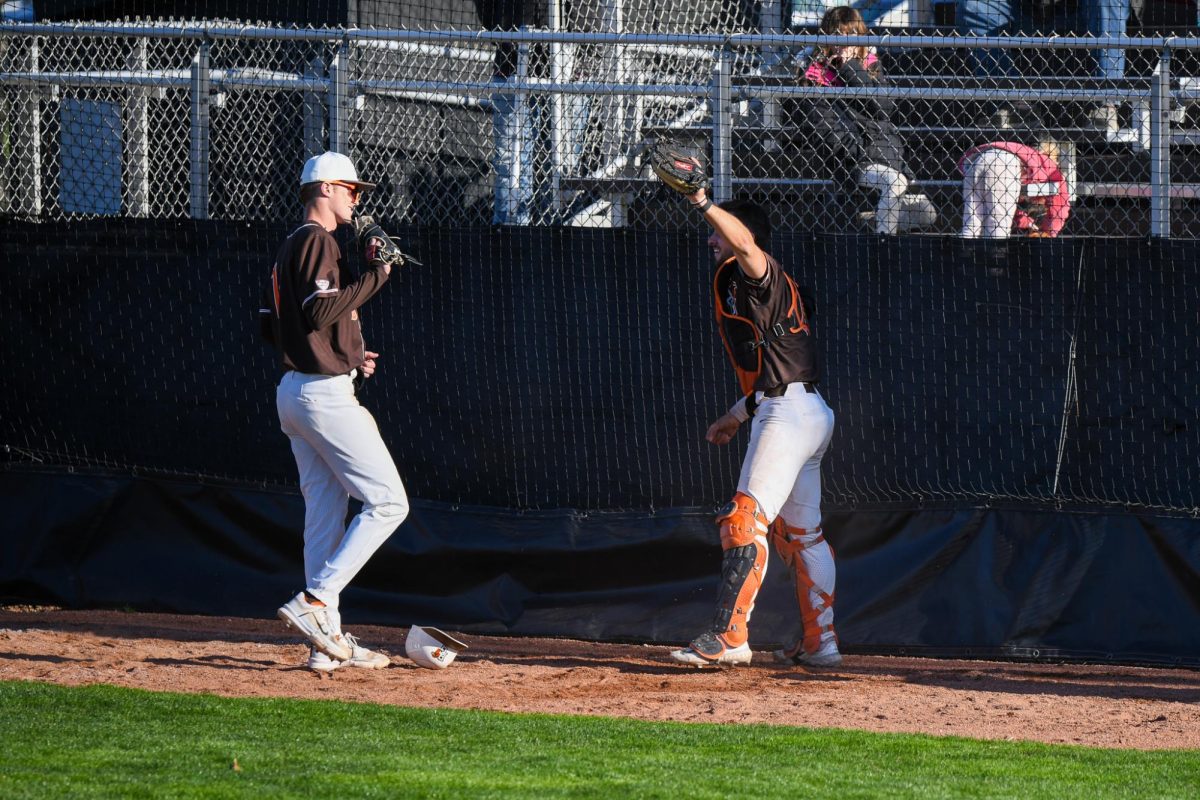VIENNA – American and Iranian negotiators met directly yesterday to try to kick-start stalled talks meant to persuade Tehran to send most of its enriched uranium abroad – and thus delay its potential to make a nuclear weapon. The head of the U.N. nuclear agency said progress was slow but he expected a breakthrough.
Yesterday was the second day of talks in the Austrian capital between Iran and the United States, Russia and France over Iran’s nuclear program. But the meeting convened only in the late evening after a day of backdoor negotiations, mediated in part by International Atomic Energy Agency chief Mohamed ElBaradei.
Tehran says it needs enriched uranium for nuclear fuel but the U.S. and other nations fear that could be used to make weapons. The U.S. says Iran is one to six years away from being able to do so.
Iran had signaled earlier that it might not meet Western demands for a deal under which it would ship most of its enriched material out of the country.
Another problem appeared to be Iranian insistence that France be excluded from any participation in plans to turn the enriched material into fuel for Tehran’s research reactor, diplomats told The Associated Press.
While the main talks were stalled,the U.S., Russia, France and Iran staged separate meetings. Among these was an early evening encounter between the Iranian and American delegation ‘under the auspices’ of ElBaradei, said Mike Hammer, spokesman for the U.S. National Security Council. He gave no details on the substance of the talks.
Iran and the U.S. held their first direct talks in nearly three decades earlier this month in Geneva, where the five U.N. Security Council members and Germany met with Tehran to try to launch substantive negotiations meant to persuade Tehran to freeze its enrichment program.
ElBaradei was cautiously upbeat with reporters shortly after the talks convened yesterday.
‘We are making progress although slower than expected,’ he said. ‘But we are moving forward … we hope to be able to reach an agreement.’
ElBaradei spoke of a ‘question of confidence building and guarantees’ – a possible allusion to the direct discussions between the Iranians and Americans and the need by both sides to defuse decades of distrust.
As yesterday’s meeting ended, Ali Asghar Soltanieh, the chief Iranian delegate, said it ‘had been constructive. We will continue tomorrow.’
Iran, which holds a 10 percent share in a Eurodif nuclear plant in France, came to talks vociferously critical of French President Nicolas Sarkozy’s government for withholding enriched uranium from that facility. Areva, the state-run French nuclear company, has described Iran as a ‘sleeping partner’ in Eurodif, which Tehran bought into more than three decades ago.
Iran is under three sets of U.N. Security Council sanctions for defying demands that it freeze uranium enrichment. The sanctions include embargoes on all shipments of sensitive nuclear materials or technology.
In Tehran, Iranian Foreign Minister Manouchehr Mottaki downplayed the problem.
‘There are side issues … with France,’ he told reporters. ‘We will talk about it when time is right.’
Earlier in the day, diplomats said discussion was focusing on a possible compromise that would involve Russia signing a deal with Iran to enrich the material and then ‘subcontracting’ to France to turn it into fuel rods. That would formally meet Tehran’s concerns that Paris not be directly involved.
But the bigger problem continued to be Iranian resistance to shipping its enriched material out of the country, said a senior diplomat who demanded anonymity for divulging confidential information.
ElBaradei said the negotiations between Iran and the U.S., Russia and France got off to a ‘good start’ Monday. However, three diplomats familiar with the discussions suggested little was accomplished besides outlining both sides’ positions.
Despite ElBaradei’s upbeat assessment, the diplomats said Iran would not elaborate on whether it was ready to ship its enriched material out of the country in Monday’s session. They said Tehran had asked questions about the plan put forward by the U.S., Russia and France.
Before the meeting, Iran’s state-run Press TV had cited unidentified officials in Tehran as saying the Islamic Republic was looking to keep its low-enriched uranium and buy what it needed for the Tehran reactor abroad. One said Iran was looking to the U.S., Russia or France for such supplies – a stance that would likely doom the talks, as neither the U.S. nor France expected to accept anything short of an Iranian commitment to ship out its own material for further enrichment.
If Iran does what the West says it has already agreed to do, it would turn over more than 2,600 pounds (1,200 kilograms) of low-enriched uranium – as much as 75 percent of its declared stockpile. Tentative plans would be for further enrichment in Russia and then conversion in France into metal fuel rods for Iran’s nuclear reactor.
Iran agreeing to ship most of its enriched uranium abroad would significantly ease fears about Iran’s nuclear program, since 2,205 pounds (1,000 kilograms) is the commonly accepted amount of low-enriched uranium needed to produce weapons-grade uranium.
Based on the present Iranian stockpile, the U.S. has estimated that Tehran could produce a nuclear weapon between 2010 and 2015, an assessment that broadly matches those from Israel and other nations.
David Albright of the Washington-based Institute for Science and International Security, which has tracked Iran for signs of covert proliferation, said any such deal would buy only a limited amount of time. He said Tehran could replace 2,600 pounds (1,200 kilograms) of low-enriched uranium ‘in little over a year.’















